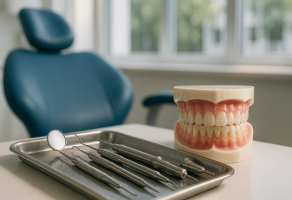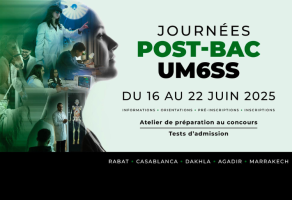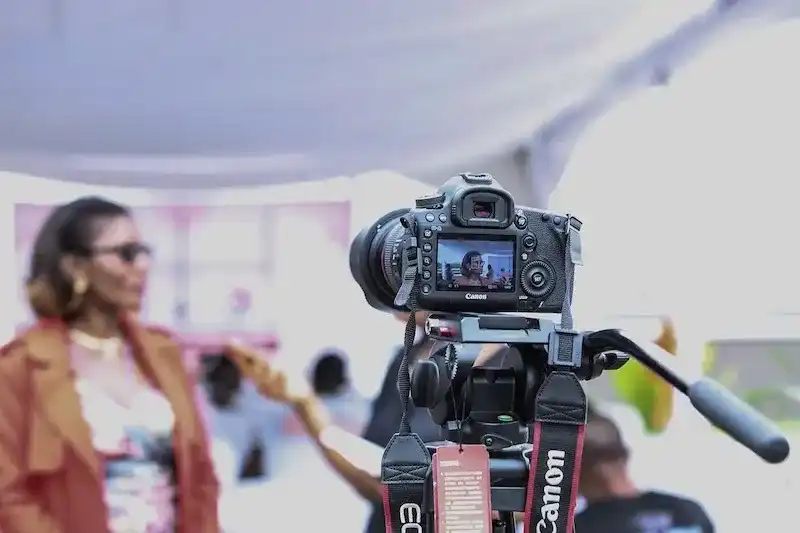The passive voice
The Passive
|
Remember these! |
|
|
Present tenses am/is/are + past participle am/is/are + being + past participle have/has been + past participle Past tenses was/were + past participle was/were + being + past participle had been + past participle |
Future tenses will be + past participle will have + been + past participle is/are going to be + past participle Present/Future modals modal + be + past participle Past modals modal + have been + past participle |
a. Turn these sentences into the passive.
- My uncle manages a huge firm.
- My children like toys very much.
- My little sister sometimes asks stupid questions.
- Those people are talking about politics.
- They are writing the test exercises at the present time.
- Kamal is carrying a heavy box.
- I have sent a parcel to the USA.
- Jalil has received two letters.
- Willy has bought a limousine.
b. Turn these sentences into the passive.
- Ziryab composed some beautiful love songs.
- Hind lost her family in a road accident.
- The customer ordered a green salad and a cheese sandwich.
- I was cleaning my room when the light went out.
- My wife was making a pizza when I arrived home.
- The teacher was explaining the irregular verbs to the students.
- She had taken all my books.
- I replied the teacher’s question politely.
- Pablo Picasso had painted Guernica in 1937.
c. Turn these sentences into the passive.
- Jalil and Jamal will finish the job tomorrow.
- The dog will eat the bone.
- They will move before June.
- He will have begun the job by next week.
- Man will have set colonies in the moon by the year 2050.
- I will have completed his high studies by the end of next year.
- They are going to have some Chinese food for dinner.
- Jalil is going to offer me a watch for my coming birthday.
- She is going to invite her friends for lunch next weekend.
d. Turn these sentences into the passive.
- Jalil can speak two foreign languages.
- The firm may give a high rise to the workers.
- The lazy students might get weak marks in the test.
- Jamal should learn the irregular verbs.
- Drivers ought to respect the traffic law.
- Obese people had better practise sport everyday.
- Moroccan people must apply for visas to travel to the UK.
- The prisoners have to clean their cells every weekend.
e. Turn these sentences into the passive.
- My little brother should have broken the vase.
- He should have got a bad mark in the French test.
- Students ought to have learned the irregular verbs by heart.
- The bank may have received my fax.
- The boss may have offered Jamal a new duty in the company.
- She might have done the homework correctly.
- They might have had dinner in a Chinese diner.
- The ministers of foreign affairs might have talked about the world economic crisis.
My little brother should have broken the vase.
- He should have got a bad mark in the French test.
- Students ought to have learned the irregular verbs by heart.
- The bank may have received my fax.
- The boss may have offered Jamal a new duty in the company.
- She might have done the homework correctly.
- They might have had dinner in a Chinese diner.
- The ministers of foreign affairs might have talked about the world economic crisis.
احصل على الدروس الآن
أدخل رقم هاتفك للحصول على محتوى تعليمي حصري












































